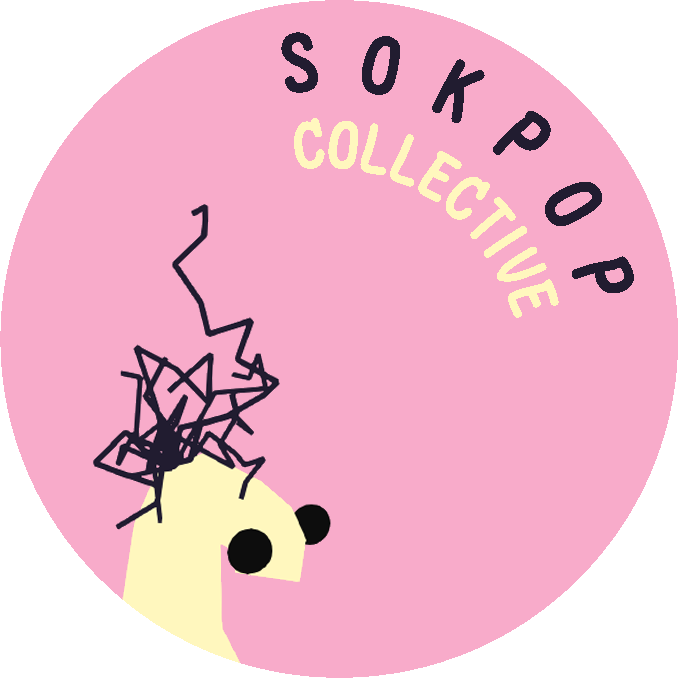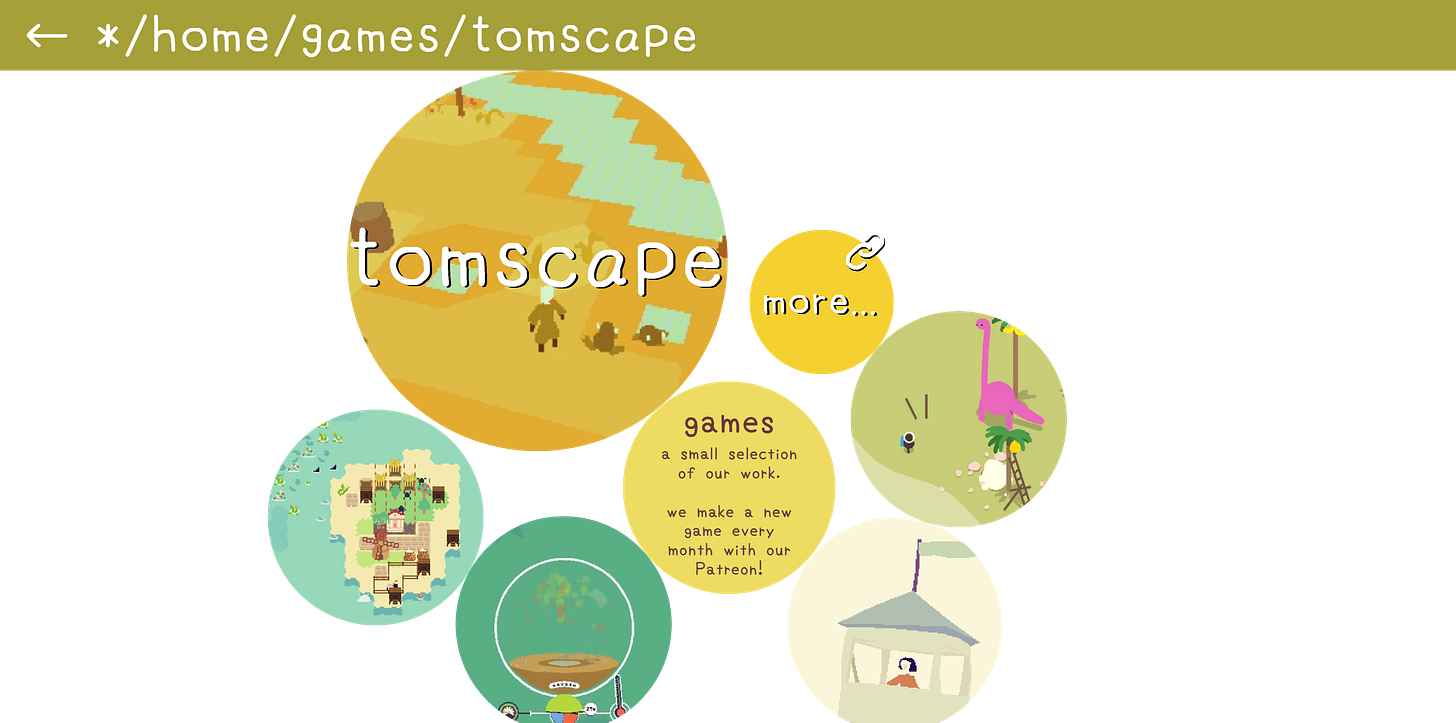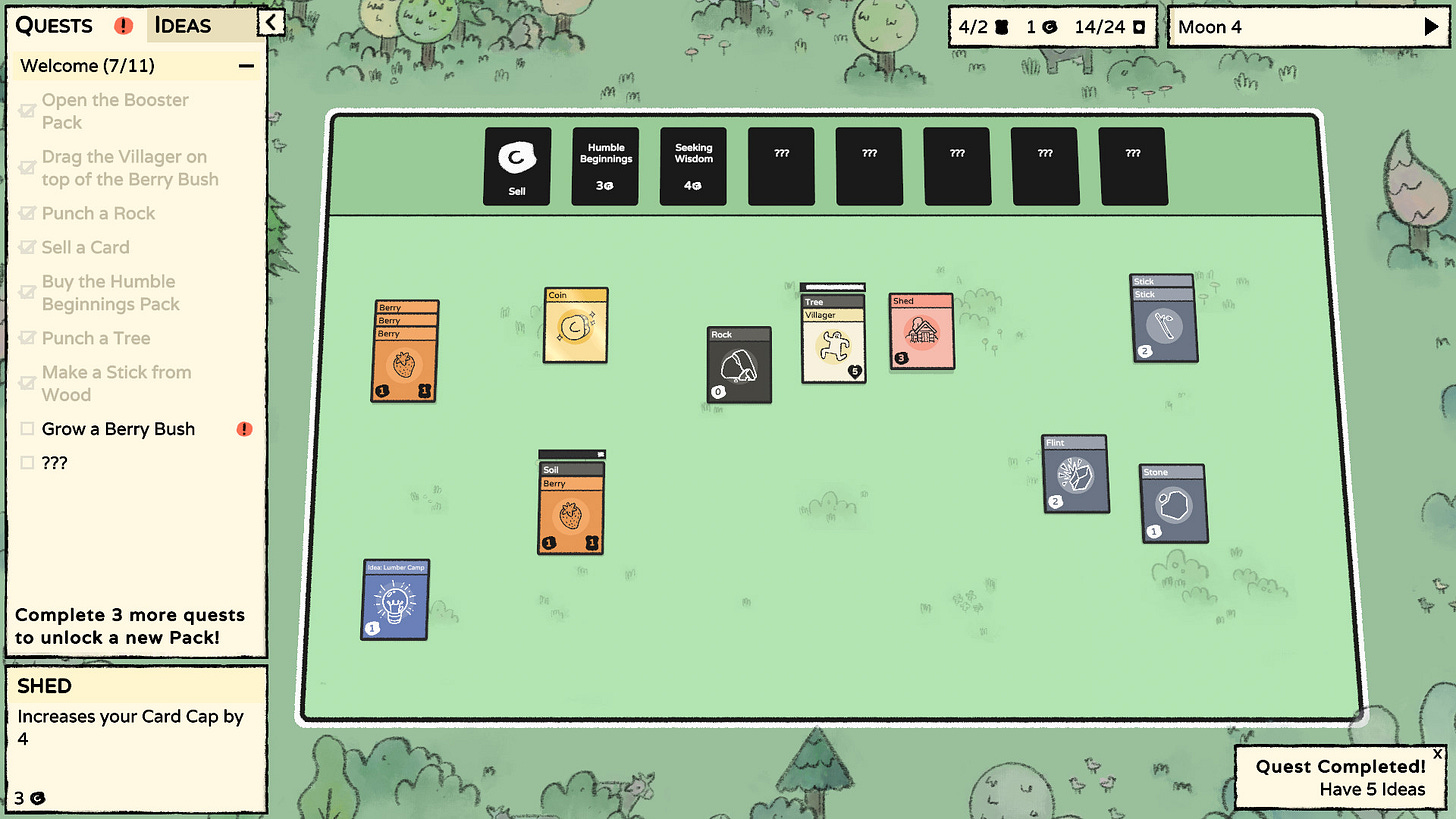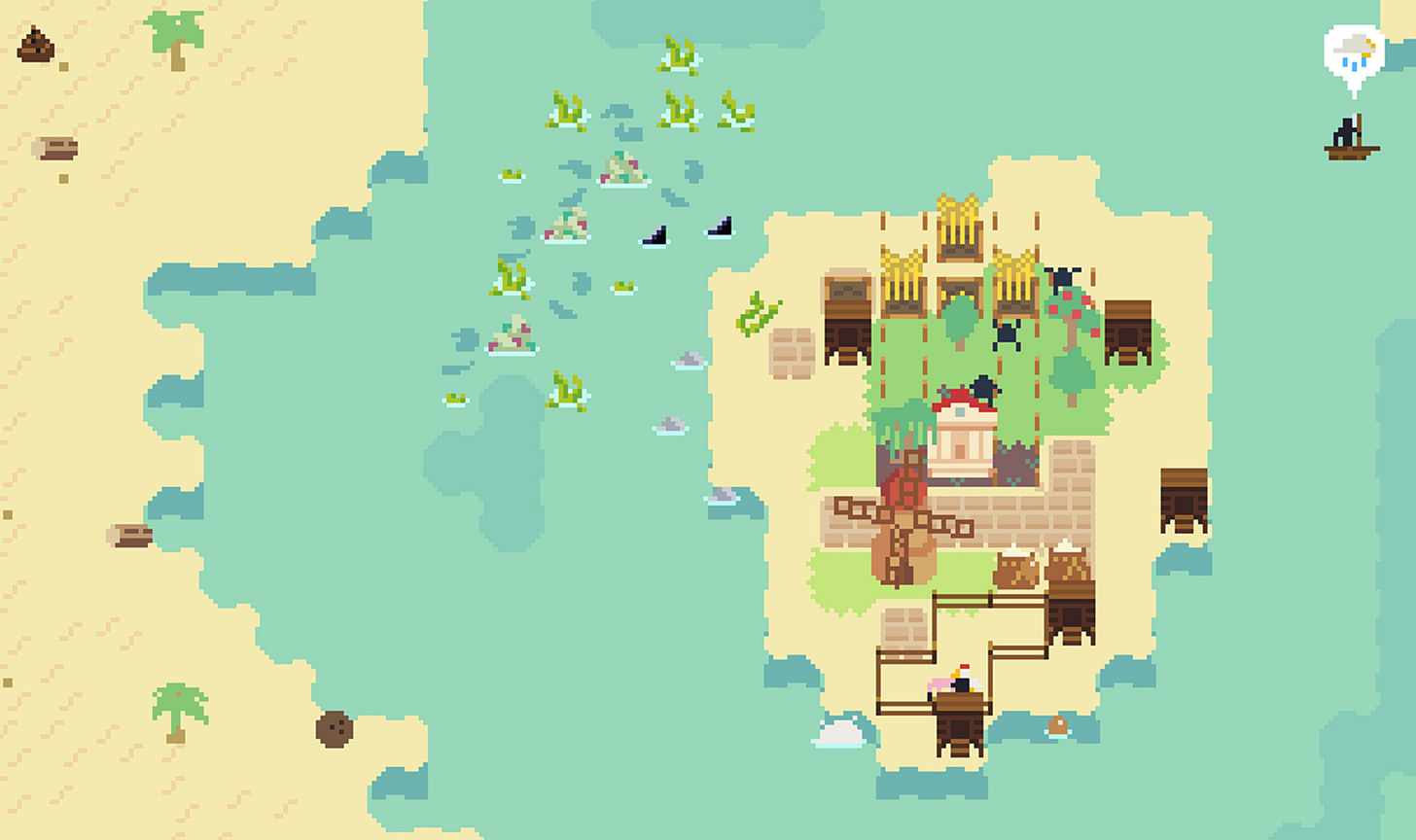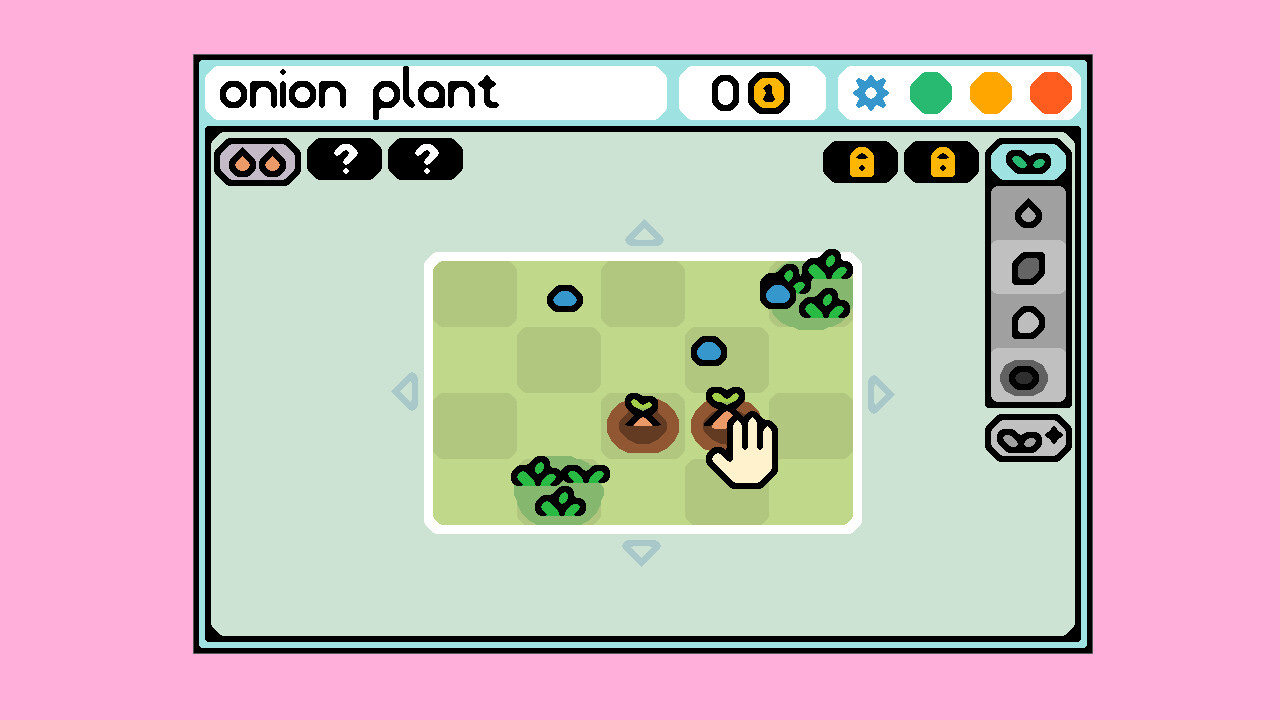Visual Unity, Playful Spirit: The Sokpop Collective Way
A lens on how Sokpop Collective crafts a recognizable identity across dozens of small games.
We are exposed to so many famous brands on a daily basis in many context; fashion, cars, food, drinks, everywhere. All of them have an identity based on their color, logo that triggers our emotions and memories.
When the number of products you offer under a brand are limited, the challenge to create an identity is reduced by definition.
Now let’s take this thought and apply it to the videogame industry, let’s think about Supergiant Games and The Game Kitchen
Supergiant Games already have many titles released on the market but their identity and soul of each title keeps on the shape since the beginning, something similar happened to The Game Kitchen, with their last release Ninja Gaiden: Ragebound they shaped impressive pixel art and a refined combat system, that’s real consistency.
But what happen when your ambition is to release 80+ games?
That’s where Sokpop Collective stands apart. Instead of polishing a handful of titles over years, this small Dutch team decided to build an identity through sheer output — releasing tiny, experimental games every few weeks.
The surprising part? Even with such variety, their visual style, playful tone, and game feel are so coherent that you instantly recognize a Sokpop game. It’s not about one masterpiece defining the brand, but about consistency across dozens of small worlds.
Sokpop Collective as Inspiration
I think at solo gamedev, learning by making is key and that’s this team has been using through every title, one can be exposed to many technical articles, courses and youtube videos but at the end the only way to learn is by creating a product and then being exposed to a real market context (Yes I know it hurts, but a videogame is a product)
How they started?
Sokpop was founded in 2015 by four developers: Aran Koning, Tijmen Tio, Tom van den Boogaart, and Ruben “Rubna” Naus.
1. Tom, good at picking colors and doing sfx
2. Ruben, good at math type coding
3. Tijmen, good at (gameplay) design/theoretical design
4. Aran, good at very technical stufSokpop team - When we graduated we had to start making money. We all had a lot of experience with smaller games through game jams, so that’s when we settled on our Patreon where we make a new game every month. We all make our projects individually, so each one of us needed to make a game every 2 months to reach the game-a-month as a collective!
Around 2017, they adopted Patreon as a “game-subscription / magazine” model. Patrons would pay a small recurring fee (often $3) and gain access to their games. This model gave them a stable baseline to experiment with small games and guarantee a release schedule.
Games Released
Stacklands
A deck-building village simulator where every card is a building, resource, or villager. It blends the logic of survival crafting with the addictiveness of a card game. Each draw, each stack, is a micro decision — simple rules, complex outcomes.
Playful Spirit: Stacklands shows Sokpop’s experimental spirit at its peak. It’s playful but systemic, letting emergent complexity grow out being minimalistic.
Simmland
A god game in miniature. You drop cards to shape the world, plant trees, spawn humans, or smite them with disasters. Like Populous boiled down to its essence, it’s both creative and chaotic.
Playful Spirit: Simmiland reflects Sokpop’s curiosity with simulation. It’s humorous, a little mischievous, yet manages to provoke big questions about control and consequence.
Tuin
A slower, gentler Sokpop game. Tuin is all about tending a garden, growing plants, and observing small cycles. There’s no rush, no pressure — just a quiet invitation to interact with nature.
Playful Spirit: Tuin highlights Sokpop’s minimalistic side. It’s meditative, showing that their design philosophy isn’t only about systems, but also about mood and atmosphere.
If you only go through their video games screenshots you can feel and read the same identity mentioned at the beginning of the post.
In this context aesthetic and soul of each title enabled this team to create a really colorful and charismatic collection of games that is worth every coin.
Their rule to follow small scoped games has been key to success and is a strong lesson to always keep on our minds.
Bravo Sokpop Team! Thank you for reading.



